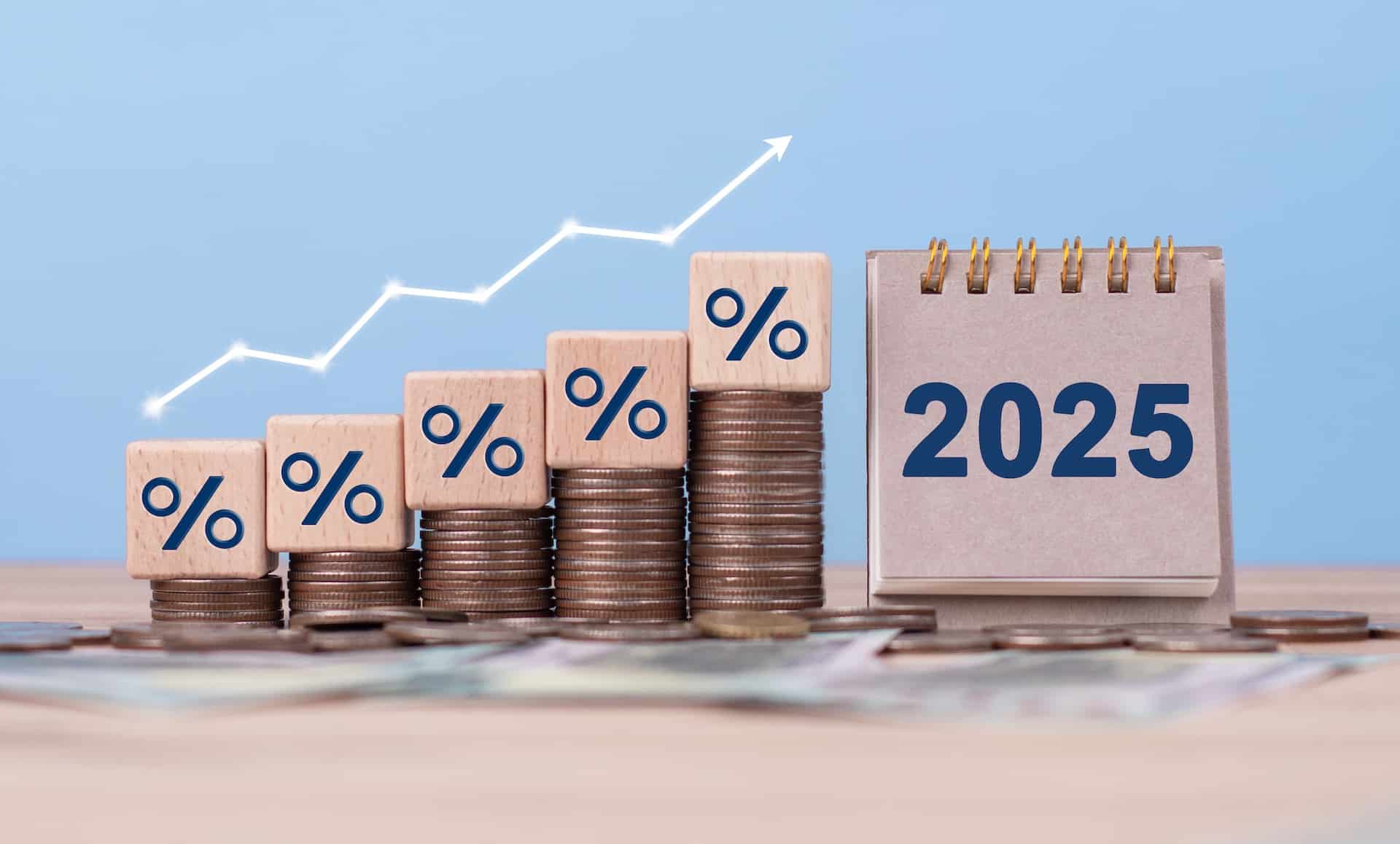Summary
- Millions of people may lose the additional $600/week in unemployment benefits from the Federal government.
- Check out these tips on how you can prepare your finances and help save money.
- Tips range from negotiating your bills to opening a “back-up” credit card.
More than 25 million Americans around the country are slated to lose the extra $600/week in unemployment benefits at the end of this month, and we’re waiting to see if Congress will pass a new stimulus package. If you are examining your budget to prepare for this halt, you may be wondering what options you have and where you can potentially scale back.
Here are some tips that may help
- Negotiate with lenders: Reach out to your lenders and bill providers to discuss options and potentially negotiate your bills. Sometimes services like telephone, cable and internet can be negotiated, which can help prioritize your bills and free up some of your available cash and credit for necessities like groceries and pharmaceuticals.
- Refinance your home: Since the interest rate is low right now, you may want to take advantage of this and refinance your home. You can potentially save hundreds of dollars per month. And, if you have HOA dues, talk to the HOA board to see if they will grant you a grace period.
- Sell gently used items: Organize your house or apartment and use local services like Craigslist or Nextdoor to sell items that you’re not deriving any value from.
- Open a “backup” credit card: Look into opening up a new credit card so you have an emergency line of credit. As with any debt, it’s important to read the fine print and understand the long-term impact this will have on your finances, including your credit score. Research different credit card offerings to find the right card for your current financial situation and note that credit card applications require “hard” inquiries into your credit history that may temporarily lower your credit score.
- Tap into your 401(k) or IRA: The CARES Act allows you to take a coronavirus-related distribution from your 401(k) without incurring the 10% early distribution penalty through the end of 2020. However, this shouldn’t be your first option, and if you have an emergency savings account, you should start there before touching your 401(k) or IRA. See more here.
- Cut other expenses: Do you really need all your subscriptions? Review streaming and magazine subscriptions, as well as other expenses. Make a list of all of your expenses and determine which you can do without. There are also several free trials available for related services that you can use in the meantime, instead of paying for monthly subscriptions. You can learn more about other non-essential expenses, tips on free trials, and more ways to save money here.
- Consider generic or store brands: When shopping for groceries or over-the-counter medications, you can usually save money by purchasing store brands. In addition, you may want to download one or more grocery shopping apps for cash back or other rewards. Also, make a shopping list and stick to it. Don’t buy something on impulse. It may be only a couple of dollars here and there, but it adds up.
- Ask for help: It isn’t ideal to have to ask a family member or friend for financial help, but if you have exhausted all other options, and need an immediate loan, you may want to consider asking for help.
Keep on top of your budget and track how much you are spending on a weekly basis. You may need to make adjustments from week to week, but it’s important to stay proactive. Cutting a few things here and there adds up!




















